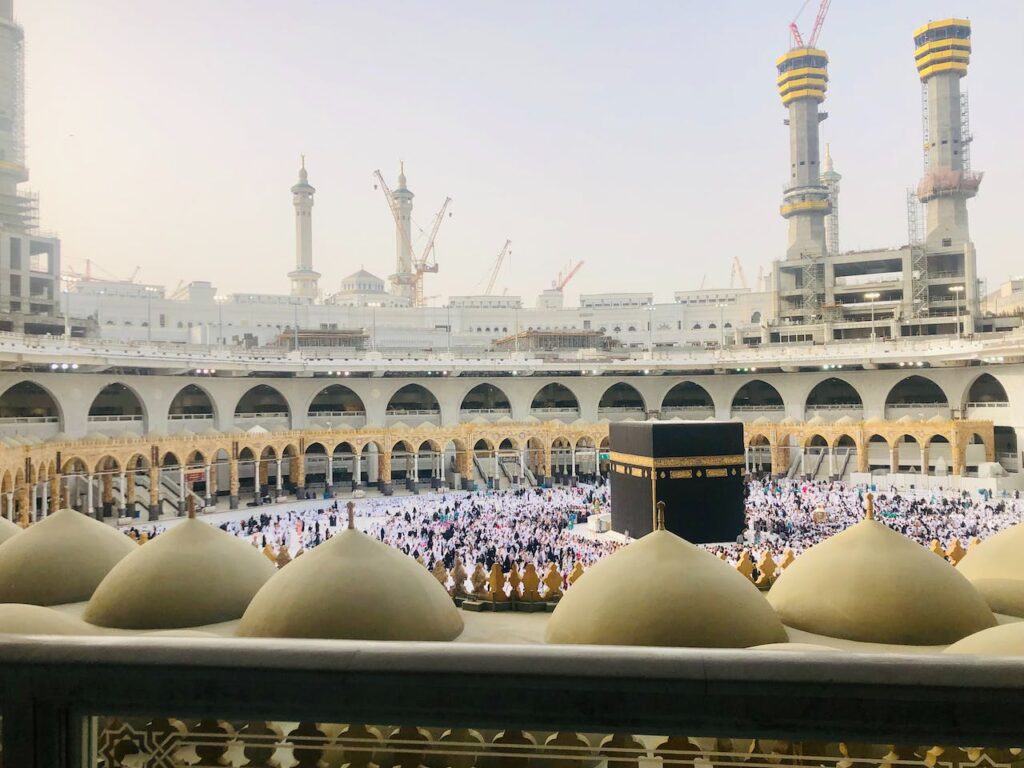Performing Sa’i, the ritual of walking between Safa and Marwa, is an integral part of the pilgrimage of Umrah and Hajj. One common question that arises is whether it is permissible to perform Sa’i without Wudu, the ritual ablution. This article will delve into the rules and guidelines surrounding this matter, seeking clarity on the permissibility and requirements of performing Sa’i without Wudu.
Understanding Sa’i
Sa’i is a symbolic reenactment of Hajar’s search for water for her son Isma’il in ancient times. It involves walking seven times between the hills of Safa and Marwa, starting from Safa and ending at Marwa. Sa’i holds great spiritual significance as it commemorates Hajar’s perseverance and reliance on Allah.
Can You Perform Sa’i Without Wudu?
Islamic scholars have differing opinions regarding the requirement of Wudu for Sa’i. Some scholars believe that Wudu is obligatory for Sa’i, as it falls under acts of worship that necessitate ritual purity. They argue that Sa’i should be treated similarly to Tawaf, which requires Wudu.
On the other hand, there are scholars who hold the opinion that Wudu is not obligatory for Sa’i. They argue that Sa’i is a separate ritual from Tawaf and has its own unique rules. They cite the absence of clear evidence in the Quran or Hadith explicitly mentioning the requirement of Wudu for Sa’i.
Short Answer: Yes you can perform Sa’i without Wudu. But it’s preferable to perform it with Wudu.
The Importance of Wudu in Islamic Rituals
Wudu is a ritual cleansing performed before various acts of worship in Islam. It involves washing specific body parts, such as the hands, face, feet, and arms. Wudu holds a special place in Islamic practices as it purifies the body and prepares the individual for spiritual connection and devotion.
The General Requirement of Wudu for Acts of Worship
In Islamic traditions, Wudu is generally considered a prerequisite for acts of worship, including Salah (prayer), recitation of the Quran, and Tawaf (circumambulation around the Kaaba). It is a state of ritual purity that enhances the spiritual experience and connection with Allah.
Recommended Practices and Considerations
While it may be permissible to perform Sa’i without Wudu, it is generally recommended to be in a state of ritual purity for all acts of worship. Observing Wudu before Sa’i is a praiseworthy practice as it aligns with the general principles of cleanliness and preparation for prayer.
Seeking Clarity from Knowledgeable Scholars
Given the difference of opinions among scholars, it is advisable to consult knowledgeable scholars or seek guidance from trustworthy sources regarding the specific ruling on performing Sa’i without Wudu. They can provide clarity based on their understanding of the Quran, Hadith, and Islamic jurisprudence.
Furthermore, Read the following Fatwas:
Key Takeaways:
- Performing Sa’i, the ritual of walking between Safa and Marwa, is an integral part of Umrah and Hajj.
- Some scholars argue that Wudu is obligatory for Sa’i, considering it similar to Tawaf, which requires ritual purity.
- Other scholars believe that Wudu is not obligatory for Sa’i, as it is a separate ritual with its own unique rules.
- While it may be permissible to perform Sa’i without Wudu, it is generally recommended to observe Wudu to align with principles of cleanliness and preparation for worship.
- Seeking guidance from knowledgeable scholars is crucial to understanding the specific ruling on performing Sa’i without Wudu.
Conclusion
In conclusion, Whether Wudu is required for performing Sa’i without Wudu remains a topic of debate among Islamic scholars. While some argue for its obligation, others consider it permissible based on the absence of explicit evidence. Nonetheless, it is generally recommended to observe Wudu before Sa’i to maintain the spirit of ritual purity and enhance the spiritual experience. Seeking guidance from scholars is crucial to ensure adherence to the correct rulings and practices regarding this matter.






